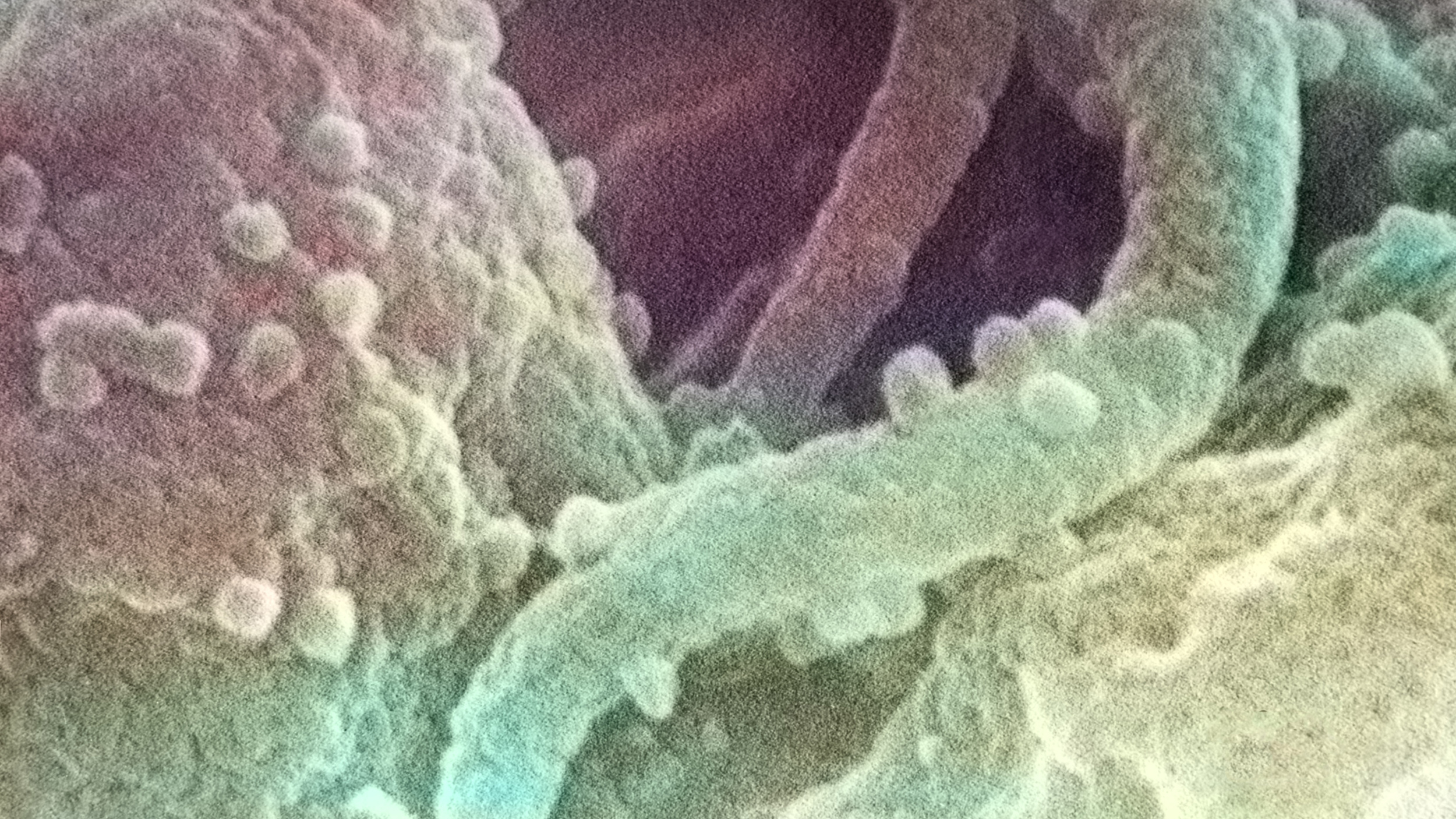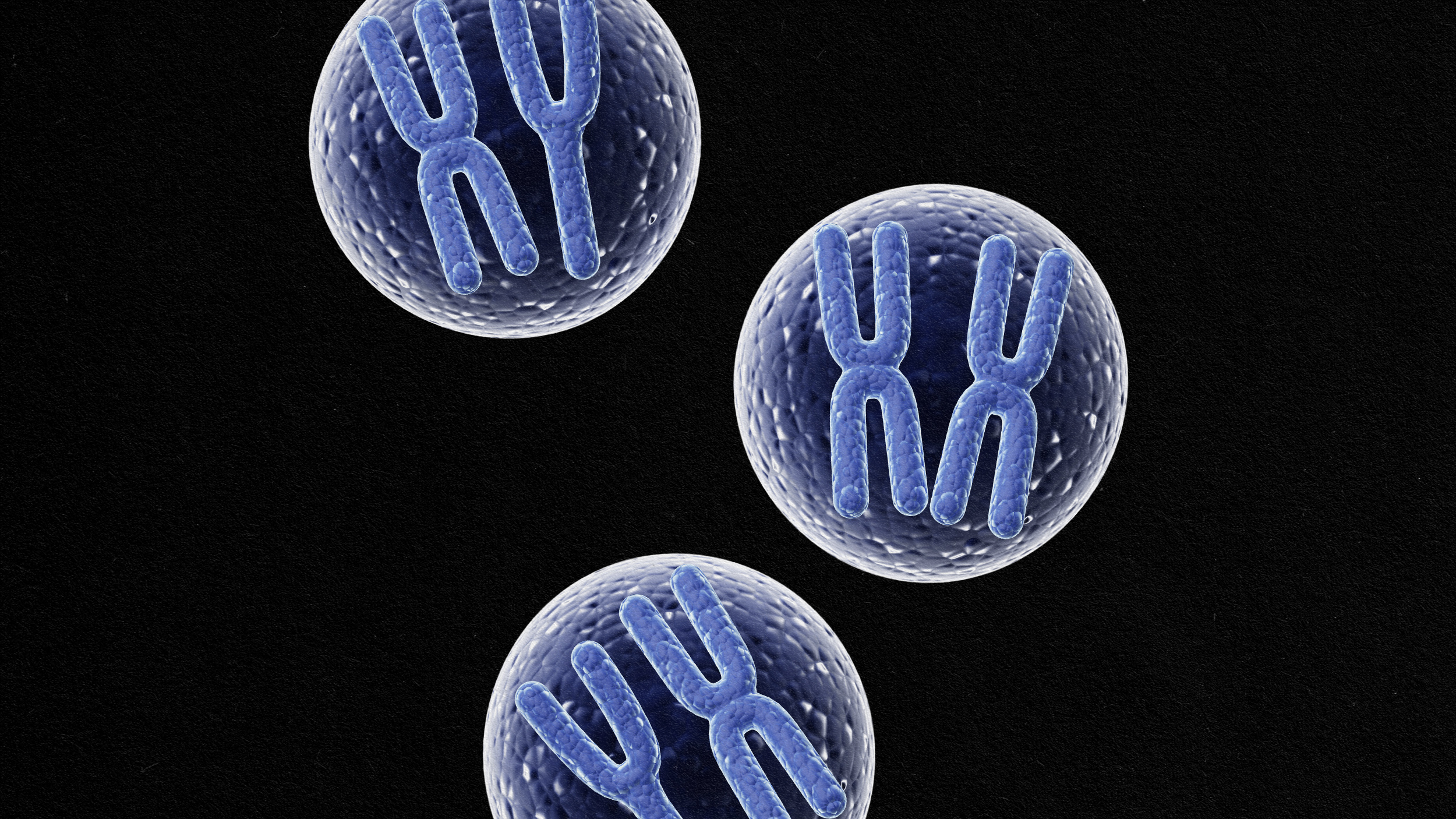Why Extroverts Have Stronger Immune Systems

Personality is a partial indicator of health and more extroverted people tend to have stronger immune systems, perhaps because they interact with a wider range of people—and those people’s germs.
In the long term, however, that may be a double-edged sword as prolonged periods of inflammation—the bulwark of the immune system—increase the risk of certain illnesses like heart disease and diabetes.
Scientists at British and American institutions are discovering important links between the genes that manage our immune system and how we behave in the world.
In a recent study conducted at the University of Nottingham, UK, scientists took blood samples of 121 students to analyze the activity of nineteen specific genes that control for inflammation. They then analyzed the personality of these students according to the five big personality categories: openness, conscientiousness, extroversion, agreeability, and neuroticism.
“Even after controlling for behaviour such as alcohol consumption, they found that on average, the genes that trigger inflammation are 17 per cent more active in extroverts than in introverts.”
Assuming the link holds up in future experiments, the next question is to assess in which way the causality runs: do genes determine personality or does who we are affect how we take care of ourselves?
Of course people’s personalities are notoriously hard to change, so altering how someone plays with others in order to affect their health may prove challenging. In his Big Think interview, health expert Johnny Bowden explains which foods help fight inflammation, a classic cause of malady over the longterm:
Read more at New Scientist
Photo credit: Shutterstock



